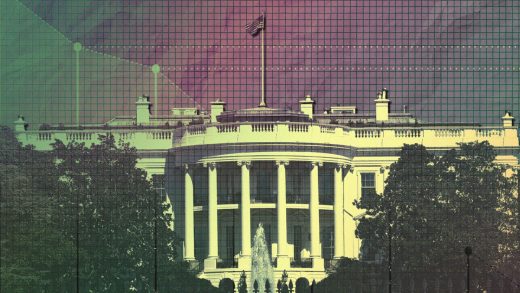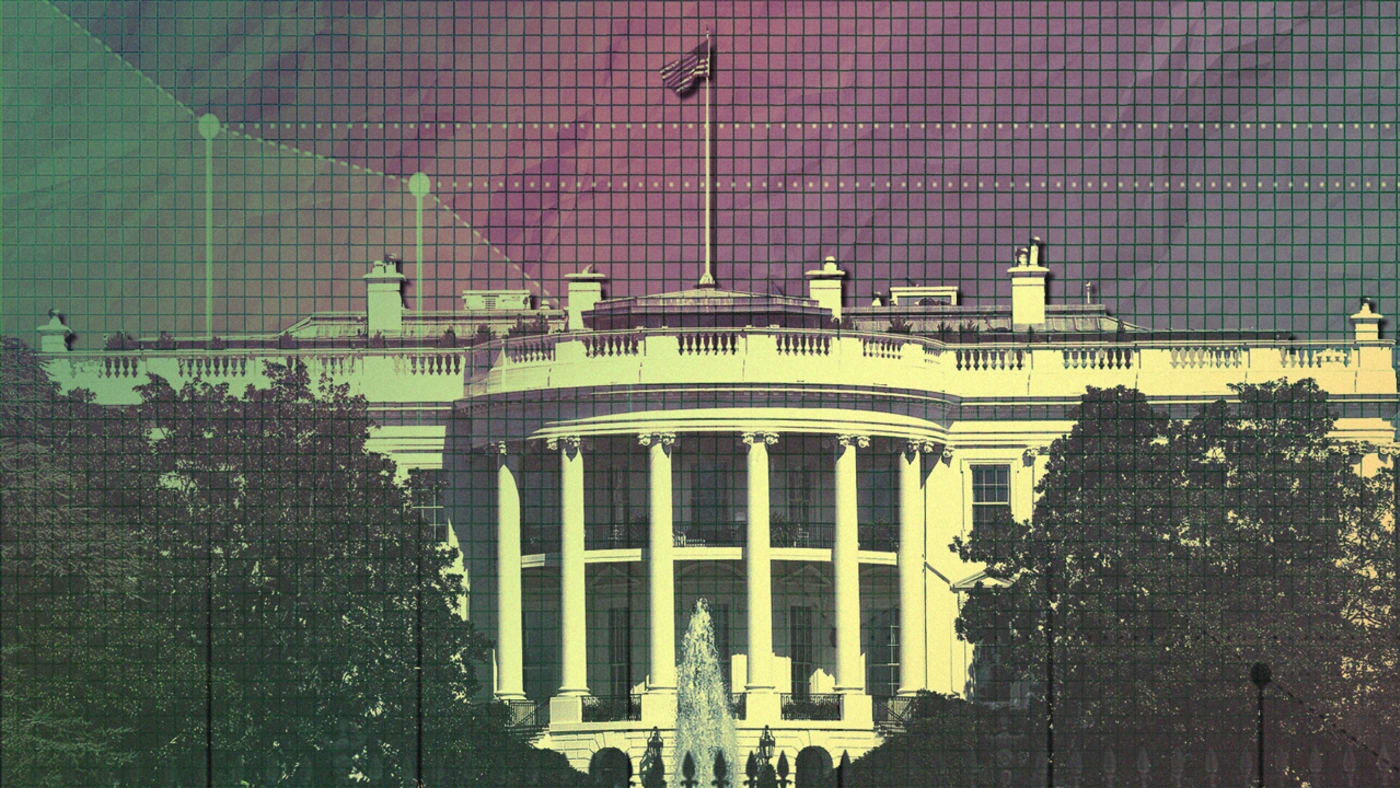Big banks are exploiting a risky Dodd-Frank loophole that could cause a repeat of 2008
A decade ago, when the global economy crashed, many economists, financial regulators, investors, and so-called experts were caught by surprise. Not Michael Greenberger. The University of Maryland law professor had been warning for years about the risks posed by an unregulated derivatives market and over-leveraged banks. Years earlier, when he worked at the Commodity Futures Trading Commission (CFTC), he and then-chairperson Brooksley Born warned that the risky market could lead to a financial collapse, but their efforts to regulate it were stymied by other Clinton-era officials.
Now, Greenberger is back with a new warning about the same old financial toxins, alerting us that unregulated credit default swaps are poised to cause another financial crisis, unless we act now. He says that the biggest American banks have quietly moved their swaps overseas, avoiding the regulations designed in the wake of the recession that were intended to prevent another crisis. What’s worse, the Trump administration doesn’t seem interested in closing this loophole.
“We’re right back to how things were before the 2008 crash,” says Greenberger who just released a new study with the Institute for New Economic Thinking that details his argument.
Greenberger spoke with Fast Company about the risks posed by our failure to close this loophole.
Fast Company: Explain to me how this loophole works.
Michael Greenberger: To bring in some context, the paper demonstrates with probably 40 citations to the fact that the collapse of the naked CDS [credit-default swap] market, a la Michael Lewis’s Big Short, caused all sorts of dysfunction, as in a lack of capital reserves to make payments. Essentially, the payments got made by the taxpayer bailouts of the big banks.
When it come to the bankruptcy of Lehman Brothers [the investment bank whose collapse in 2008 sparked the financial crisis], some argue that it was only the naked CDS that failed, so why regulate everything else? But if capital falls short in one part of the market, it falls short everywhere else.
Dodd-Frank [the financial reform legislation passed by the Obama administration in 2010] corrected this in the most part, by clearing and exchange trading [which improved the transparency of formerly opaque transactions] and the regulatory regime put in place by the CFTC that is very corrective of the non-regulations leading up to the meltdown.
[After the London Whale, in which a JPMorgan trader in England lost $6.2 billion in risky trades], a provision was expressly put into the statute that said if swaps trades will have an adverse economic impact on U.S. commerce, or they’re done abroad as a ruse to evade Dodd-Frank, then Dodd-Frank will apply to the transaction even if done overseas.
FC: So, how was that loophole closed?
MG: The CFTC, after three years and 60 substantive regulations, on July 12, 2013, finalized their effort to implement the extra-territorial provision. In place of the simple statutory command, they announced an 80-page triple column, single-spaced guidance, which the banks challenged as being an improper administrative measure. In this 80-page thing, there is a footnote—footnote number 563 has some statement to the effect that a foreign subsidiary of a U.S. swaps dealer has to be guaranteed by the U.S. swaps dealer, that is their losses have to be covered by the American firm.
On August 14, 2013, the ISDA [ International Swaps and Derivatives Association, an industry group of swaps dealers and derivatives traders] sent out a letter to members saying, “Look at footnote 563. You should insert the following in your swaps contracts, classify these trades of credit default swaps as ‘foreign.’” As a result, no one knows how much risk they’ve taken on and whether or not they can cover the potential losses. And that’s a problem, because if there is another collapse, taxpayers would be on the hook again because these banks have been designed “systemically important.”
FC: By classifying them as “foreign,” what does that do?
MG: In August 2013, the guidance went out, and the ISDA recommended that tweak to their contracts and never told anybody outside the membership about it. Sometime in 2014, the CFTC learned this was happening … trade in the U.S. swaps market was declining and trading in the EU was growing. Reuters did a piece in August 2015 that this is happening, with 95% of swaps now traded outside the U.S. And there was this realization that guidance from ISDA was having an impact. It took a while for the realization to set in, and commissionerships weren’t being filled in very fast. It would take them until 2015 to try to correct it.
In early 2016, [the CFTC] corrected it for uncleared swaps. If they’re being sent abroad to get out from under Dodd-Frank, they are for the most part not going to be cleared. Even if they’re not cleared, you still have to have the margins collected, collateral for the trade even if there’s no clearing.
in May 2016, [the CFTC] announced this will have extra-territorial effect. If swaps trades show up on the books of the holding company, the swap is covered. In October 2016 [a month before the presidential election], the CFTC proposes an extra-territorial rule adopting the theory that whether you’re guaranteed or not is irrelevant. It’s covered if it’s on the books of the holding company.
Such a proposal getting finalized takes normally a year or 18 months, and we’re still waiting.
And it’s been bolstered in the courts. In March of 2018, the U.S. Court of Appeals for the Second Circuit ruled that if foreign transactions are executed in the U.S. and then sent abroad, that is not a foreign transaction, but domestic transaction covered under Dodd-Frank.
FC: How is the Trump administration preventing the CFTC from closing the loophole?
MG: The current chair of the CFTC is certainly not going to advance any complicated rule-making. Why should they open themselves to legislation about undoing swaps regulations, even when they found this gaping loophole? Republican commissioners are in charge of the CFTC. Making a proposal final requires substantial administration action. Had Hillary been elected, it probably would have gone through, but it’s sitting there un-acted upon.
In conclusion, the GOP Congress isn’t going to do anything about it. And if the Dems are in charge, anything will be subject to a veto. But there is a provision for state AGs [attorneys general] and financial regulators to bring a cause of action on behalf of the citizens of the state.
And it needs to get news coverage. The least understood of all the markets is the swaps market. It needs to be in the headlines.
FC: What are the greatest risks?
MG: It’s a $600 trillion market—how much of that market is covered by this loophole? People say 95%, but even if it’s just 5%, that’s a lot of money. And the banks are fighting this proposal. Despite this utopian view of wonderfulness in the economy right now, there are burgeoning defaults on consumer and student and credit-card debt, defaults in corporate debt. And that debt has built around it the entire infrastructure that surrounded mortgages—ABS [asset-backed securities], CDS and naked CDS. We’re back where we were in 2007.
This interview has been condensed and lightly edited for clarity.
(25)



